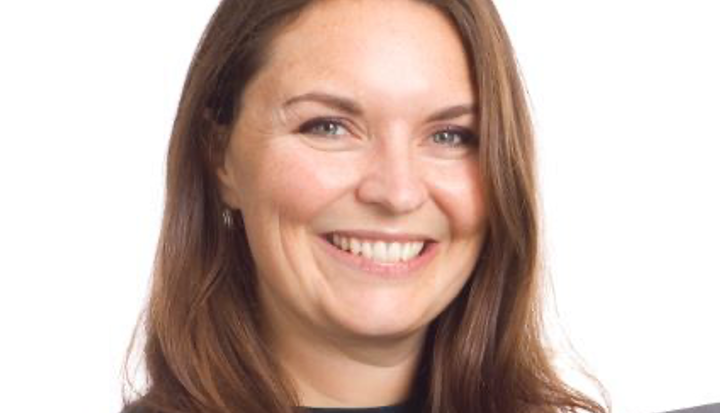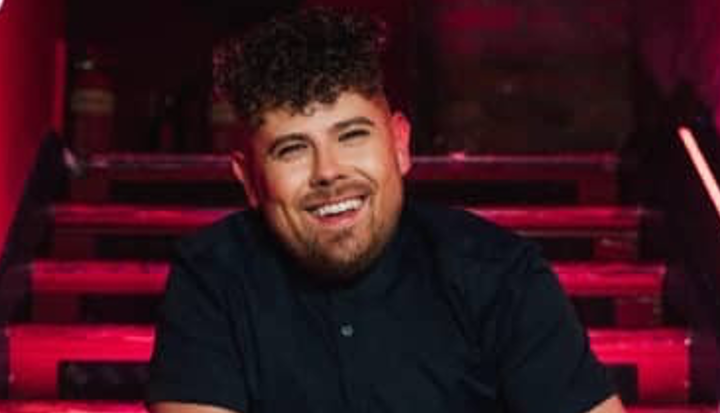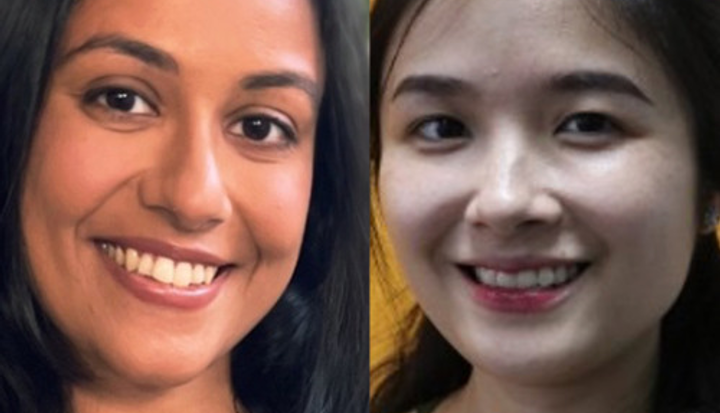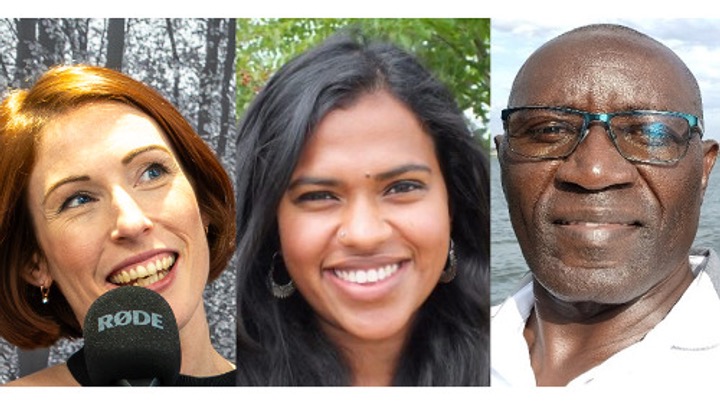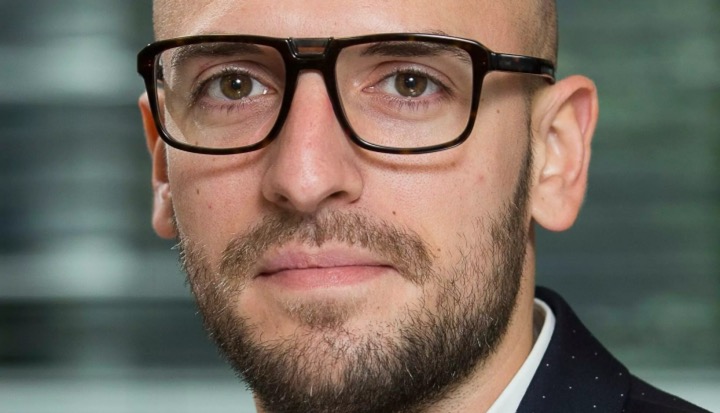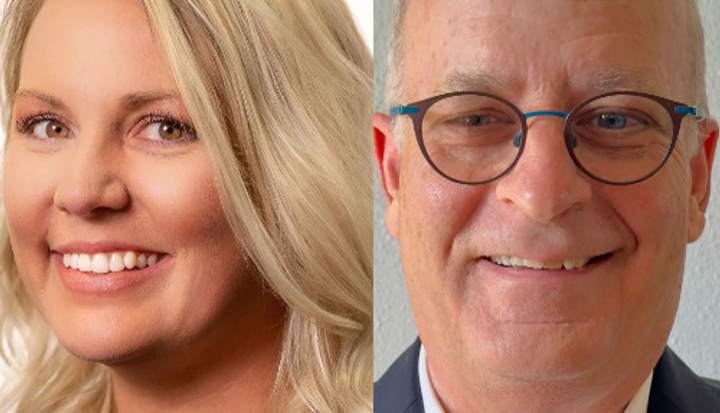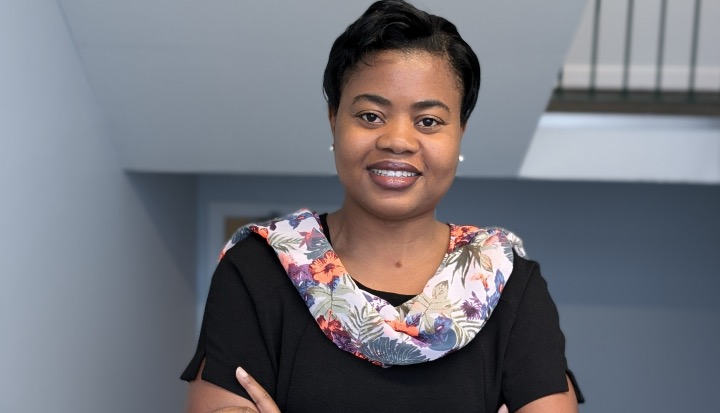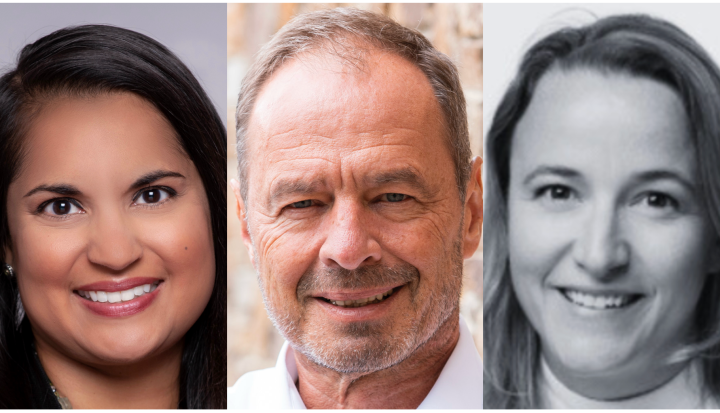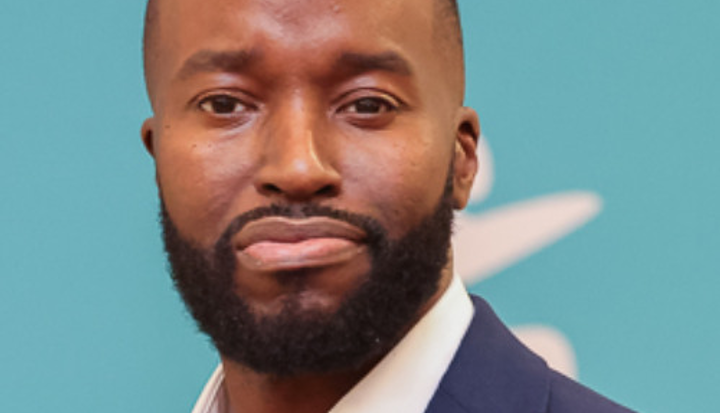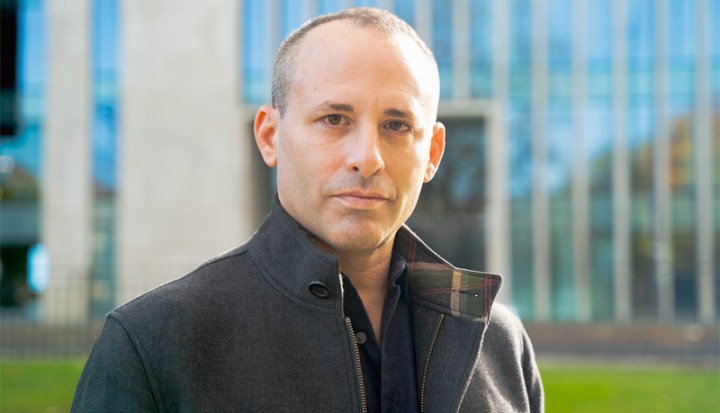BFP: What do you do?
 TB:I manage several issues related to corporate citizenship and CSR for the U.S. Chamber of Commerce’s Business Civic Leadership Center, most of them focused on emerging-market social and economic development. My job entails working with U.S.-based multinationals such as Dow Chemical, Abbott, Chevron, and Microsoft on their social and philanthropic investments outside of the United States. Members of our business network are investing in building capacity in the communities where they currently operate or are looking to operate in the future. This can take the shape of addressing food security, technology gaps, gender equality, financial inclusions programs, and more. BCLC helps our business network gain insights about best practice models on a global and local level and shares the story of their corporate citizenship portfolios. We also provide our network with great connections to their peers and stakeholders so they can achieve even more impact.
TB:I manage several issues related to corporate citizenship and CSR for the U.S. Chamber of Commerce’s Business Civic Leadership Center, most of them focused on emerging-market social and economic development. My job entails working with U.S.-based multinationals such as Dow Chemical, Abbott, Chevron, and Microsoft on their social and philanthropic investments outside of the United States. Members of our business network are investing in building capacity in the communities where they currently operate or are looking to operate in the future. This can take the shape of addressing food security, technology gaps, gender equality, financial inclusions programs, and more. BCLC helps our business network gain insights about best practice models on a global and local level and shares the story of their corporate citizenship portfolios. We also provide our network with great connections to their peers and stakeholders so they can achieve even more impact.
BFP: What is the best part about your job?
TB: The best part of my job is spending time in the field. I am fortunate to travel with many of the members in our business network to see their programs and facilities outside the United States. I continue to be amazed at how the business sector has innovated, changed, and grown in its ability to solve social challenges with their unique resources such as corporate dollars, product, and people. Meeting the corporate staff in the field changed the way I looked at CSR and local talent acquisition. I find that every corporate employee I meet – whether from Haiti, Brazil, or South Africa – truly believes in the power of their company to increase opportunity and provide social value in their communities. These individuals are some of the most creative people you will meet, as they continue to localize global programs with in-country realities and cultural norms.
BFP: What have been your greatest challenges?
TB: My greatest challenge at BCLC has been what I consider to be the greatest success in my portfolio: the formation of Business Corps.
BCLC, in partnership with Executives Without Borders (EwB), developed a corporate-led, skills-based volunteerism pilot program in Rio de Janeiro, Brazil over the past year. It was an ambitious goal and one that required substantial partnership development on many levels. Eight companies joined with BCLC to create Business Corps: Dow Chemical, Amadeus, HP, IBM, Alcoa, Tupperware, Merck, and Motorola Foundation. Their shared goal is to leverage their internal human talent to build the capacity of community development organizations in Rio. Together, we made the strategic decision to focus the Business Corps’ community engagements on the areas of: access to education, entrepreneurism and small business, vocational training, and improved conditions for employment opportunities.
EwB is the on-the-ground partner and serves as the liaison with the volunteers and non-profit organizations to make sure the right business skill sets are matched with the needs. The volunteer opportunities leverage employee or company core competencies and create collective impact in a key growth market for business. Business Corps will continue to innovate and grow over the next few years. We are proud of what we have done in the first year of the pilot and where we are going in the future.
BFP: How have you overcome these challenges?/ What is the secret of your success?
TB: Partnership development is all about setting clear expectations and goals. The important components of our cross-company and cross-sector approach have been being open with each other on what we can and cannot deliver, who we are and who we are not, and serving those we can and saying no when we know other organizations could serve them better. Setting clear expectations and investing time in understanding the realities of your partners is critical to partnership success, while also creating impact that would be unattainable on your own.
BFP: If someone wants to do what you do, where should they start?
TB: If someone is looking to get into CSR, I would suggest they do three things:
- Immediately get field experience working for a social enterprise or non-profit in a sector that you feel passionate about. Nothing can prepare you more for a job in CSR than getting in the field and spending time understanding how programs work on a day-to-day basis.
- Develop a strong understanding of a desired company’s business units and investigate their priorities and goals. One of the biggest challenges in CSR is internal; showcasing how CSR investments bring value to a company. By understanding the priorities of business units you will be able to align the company’s social investments with brand, communications, and economic goals. This is extremely important in emerging markets, where social investments can have huge economic and brand benefits for the company and the community where they are operating.
- Get networked — and get to the BCLC Global Conference on October 10 -12 in Washington, DC.
BFP: Finally; what do you hope to get out of being part of the BFP community?
TB: I hope to gain insights to learn how other types of companies are working to solve challenges in emerging markets. Multinational companies are only one piece to the puzzle and social enterprise and SMEs are also playing a large role. I am also looking forward to participating in the Africa Hub. I just returned from a six-month sabbatical in Rwanda working for the fashion social enterprise, Indego Africa. It was an incredible experience and I am looking forward to learning more about organizations like Indego, who are creating opportunity in Africa through responsible business practices.
Thank you to Taryn Bird for taking the time to do this interview.
We’re always looking out for members to feature. Help us by taking two-minutes to update your profile, or by nominating someone for Business Fights Poverty Member of the Week.
Read previous Member of the Week interviews here.

